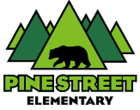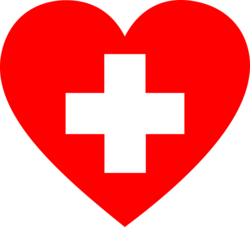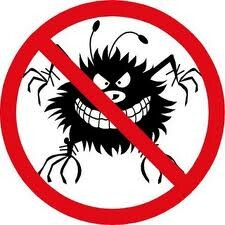The health and safety of staff, students and visitors is a top priority. Continue to reinforce the following hygiene habits to protect staff and students from spreading respiratory illnesses, including COVID-19.
· Stay home if you’re feeling sick.
· Wash or sanitize your hands often.
· Cover your coughs and sneezes.
· Avoid touching your face.
· Clean and disinfect high touch surfaces regularly.
· Wear a mask if you get sick or develop symptoms while at school or work.
As per Alberta Health guidelines, staff, students, contractors and visitors who have symptoms of respiratory Illness or test positive for COVID, should stay home until:
· symptoms have improved,
· they feel well enough to resume normal activities, and
· they have been fever-free for 24 hours without using fever-reducing medications.
For anyone who has a respiratory illness or has tested positive for COVID, it is recommended that they wear a mask for a total of 10 days from the onset of symptoms—even if the symptoms have resolved or improved—when in indoor settings with other individuals.



